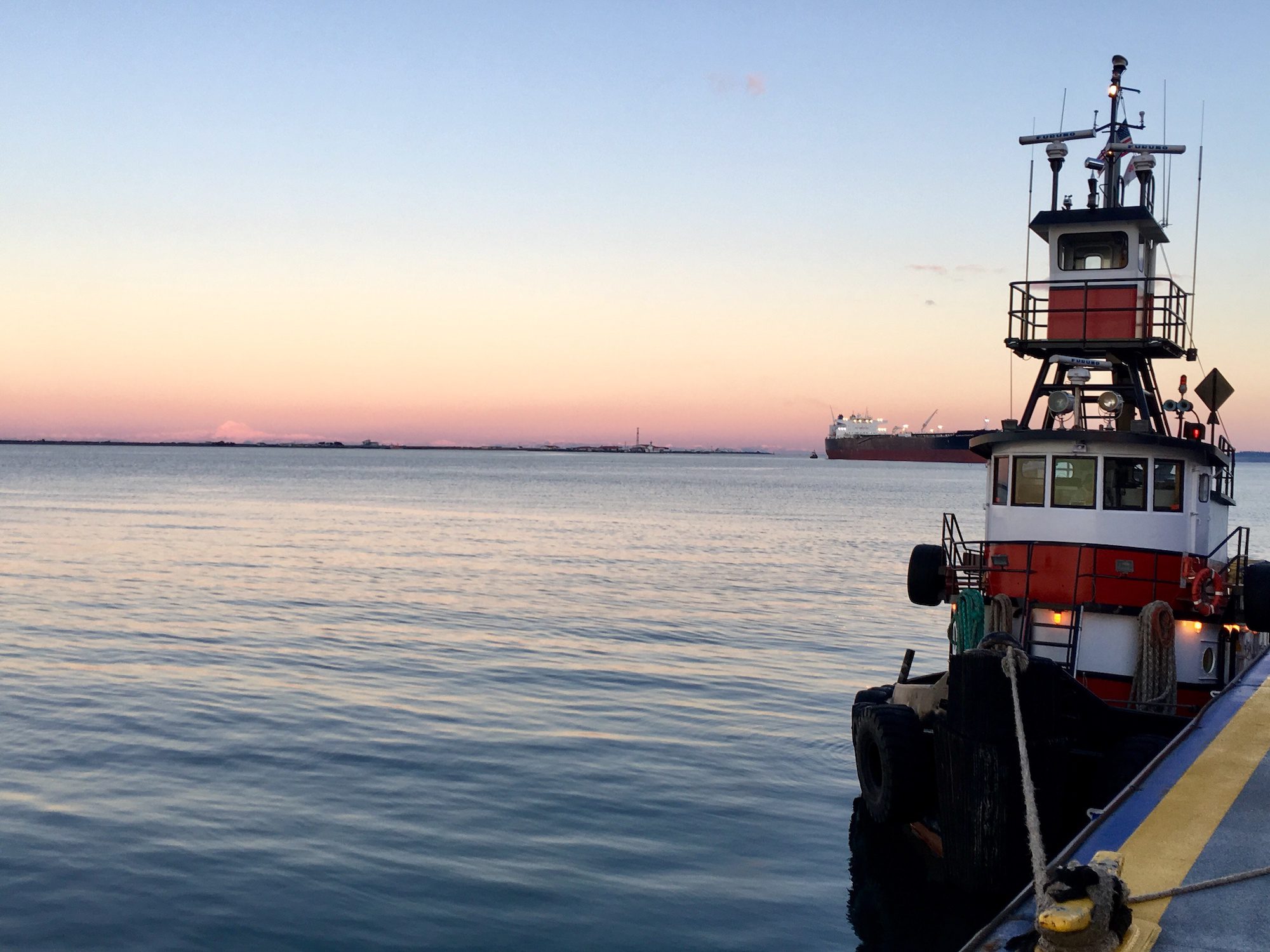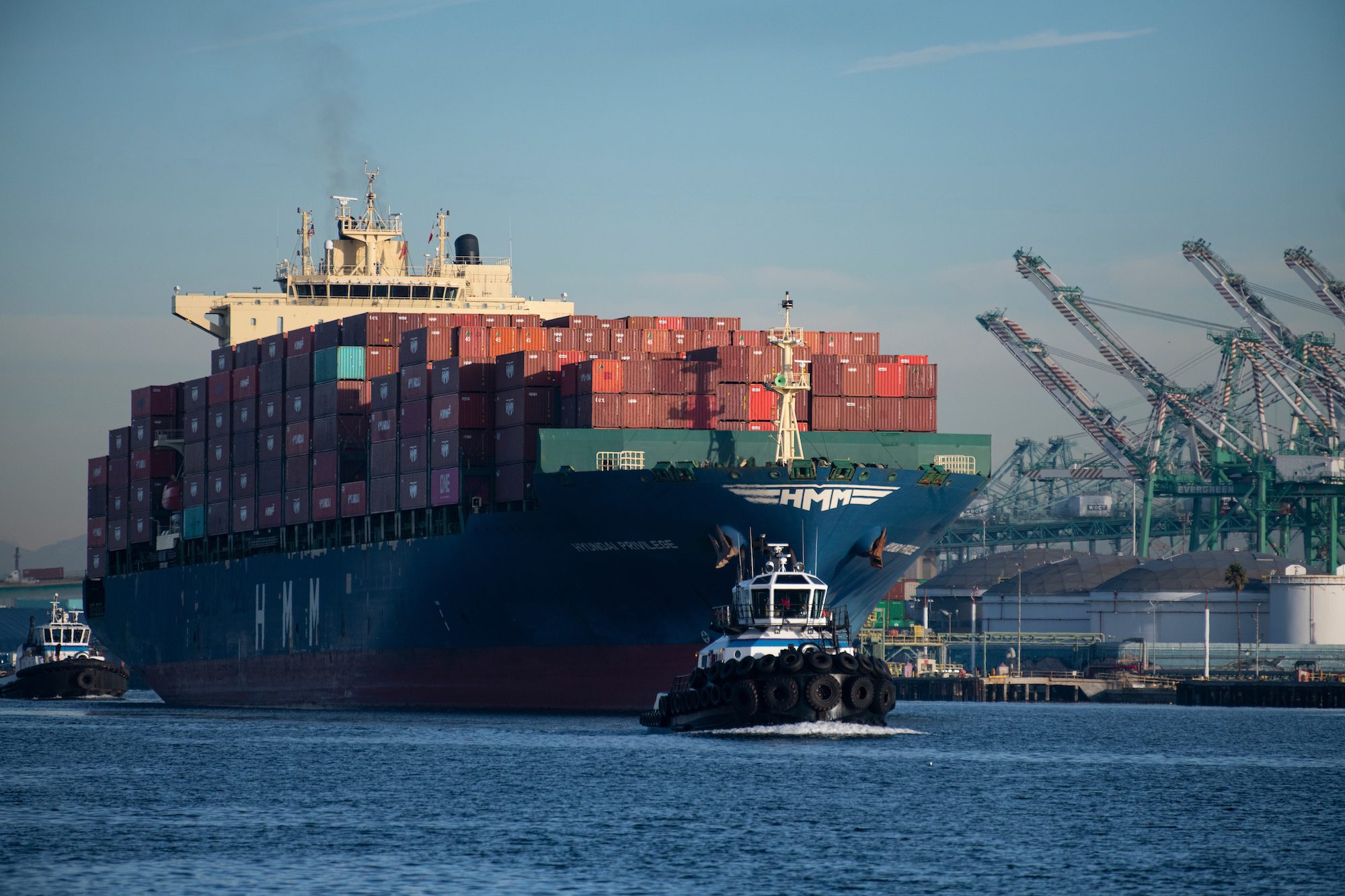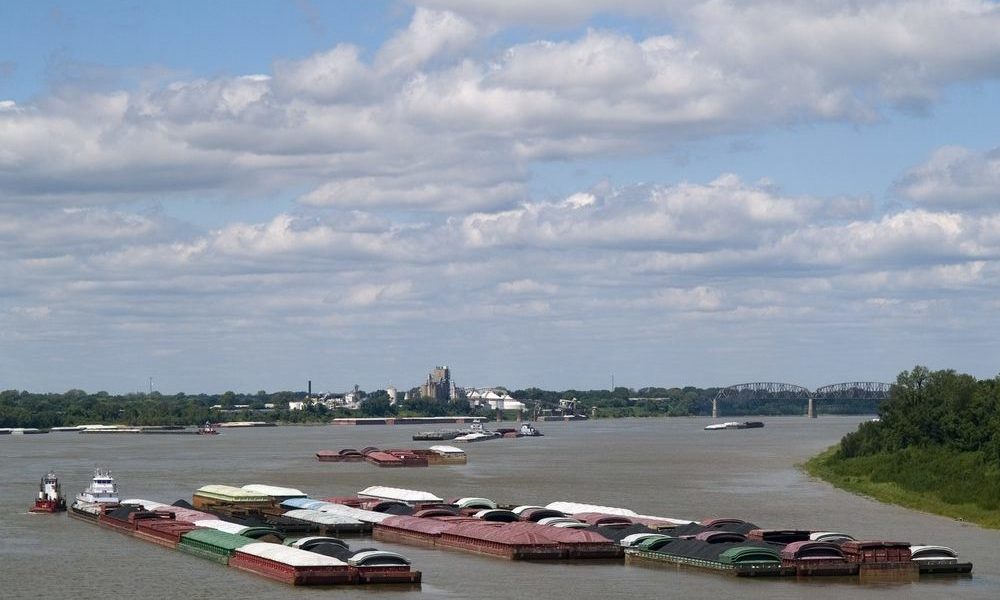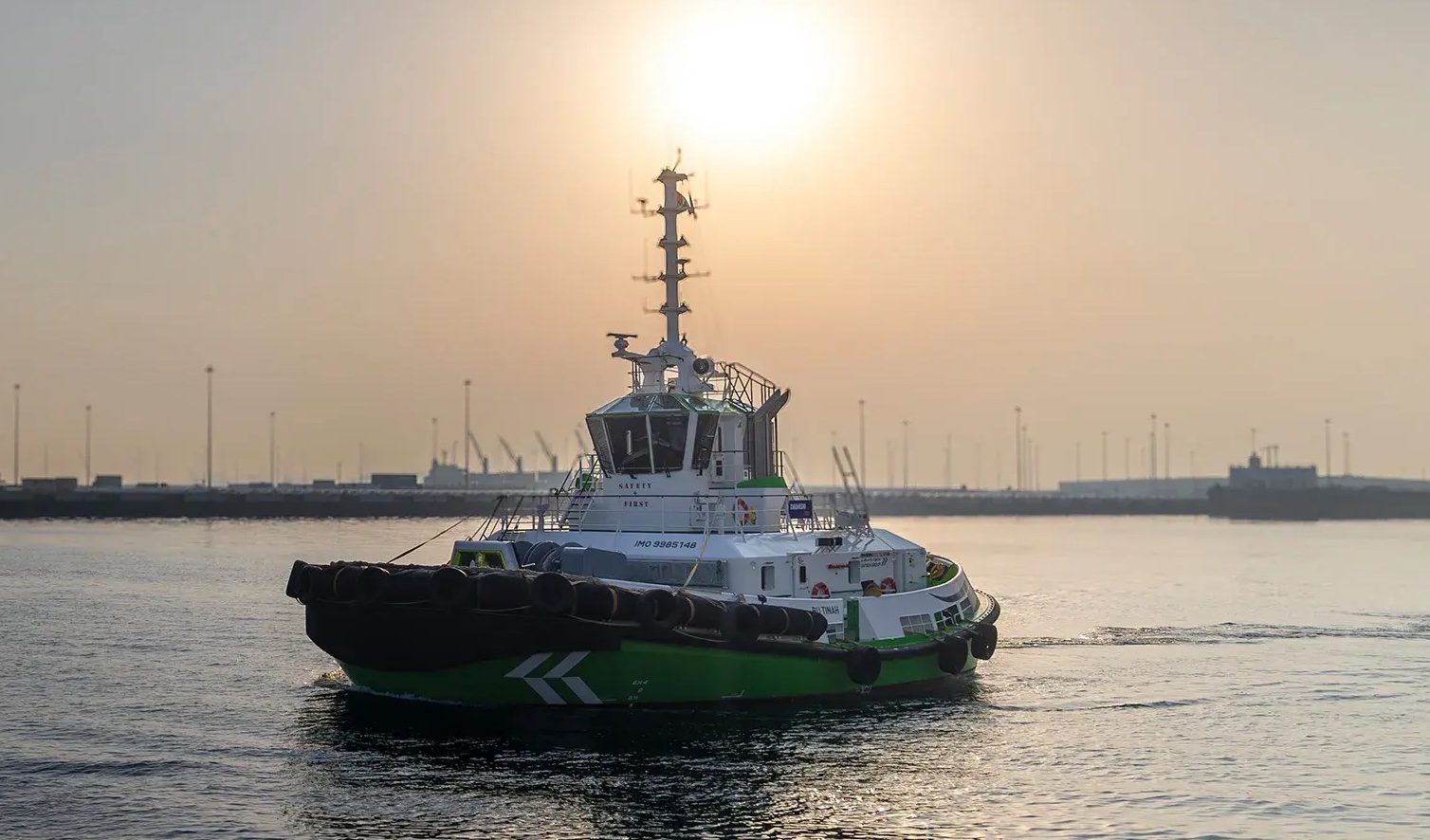By Mary McMillan
California is a vital contributor to America’s status as a leading maritime nation, and the California State Assembly deserves much credit for recently passing HR 103, a resolution affirming its support for the state’s maritime industry, its workforce, and its sustainability leadership.
As a San Francisco-based employer whose towing vessel crews regularly help ships and barges safely transit ports in San Francisco, Sacramento and Stockton, and regularly move fresh water, construction materials, and other vital cargo throughout the San Francisco Bay area, I am especially proud that the Assembly recognized the men and women of California’s maritime industry. But it is because I am acutely aware of their impact on our state and nation, and what it takes to do the work they do, that I am also deeply alarmed by the California Air Resources Board’s refusal to ensure that its Commercial Harbor Craft rule protects mariner safety and port efficiency, in stark contrast to the Assembly’s recognition of the maritime industry’s many important contributions.
In its efforts to lower emissions from the maritime sector – a goal that our industry shares – CARB requires companies to install dangerous Diesel Particulate Filters on hundreds of vessels, even though DPFs are not commercially available for maritime and are linked to fires in the trucking industry. In fact, the Coast Guard previously communicated its own safety concerns about DPFs in a letter to CARB, indicating that it will not enforce the CHC rule because of this concern.
On top of the clear safety risk the CHC rule creates, the costs and the required timeline make compliance infeasible. Prior to the dramatic inflation of recent years it was expected to cost $1.3 billion and take about a decade to bring all California towing vessels into compliance. And because of the limit on engine room sizes, it simply can’t be done on every boat. That means companies performing critical maritime functions in our state – including those that are trying to expand to support renewable wind energy – will have no choice but to move vessels out of California that could otherwise do the job safely.
What does California lose if vessel operators have no choice but to leave the state over the CHC rule, to protect the lives of their mariners and stay in business?
As HR 103 points out, California’s domestic maritime industry annually contributes $12.2 billion to the state’s economy and supports more than 51,000 jobs – for mariners in the tugboat, towboat and barge industry, that means family-wage careers without the need for a college degree. California’s ports and waterways are critical links in the American and global supply chain, with California ports having generated $416 billion in trade value in 2020. The shock of not having enough tugboats to escort container ships, tankers, and cruise ships through these busy ports, or move cargo themselves on California’s coastal and inland waters, will reverberate across the state’s economy and well beyond.
Ironically, pushing commercial harbor craft out of California to protect the environment will also harm the state’s sustainability efforts. Domestic marine transport is the most sustainable mode of freight transportation in America today – nationwide, rail emits 43% more greenhouse gases than towing vessels, and trucks over 800% more. The maritime industry continuously aims to improve on these natural advantages, including in California, which is home to the nation’s first zero-emission tugboat. And the marine towing industry will be critical to building offshore wind in California. But maritime companies can’t leverage their sustainability advantages and forward-thinking leadership in California if they’re gone.
Assemblyperson Dr. Jasmeet Bains’s bill, AB 1122, requires that before DPFs are installed onboard California towing vessels, they must include a bypass-safety system and be certified as safe by third-party experts. The Senate Transportation Committee, Senate Environmental Quality Committee, and Senate Appropriations Committee recently passed AB 1122 unanimously. For the sake of mariner safety, and California’s economy and environment, let’s hope the rest of California’s elected leaders follow suit.
Mary McMillan is President of Westar Marine Services, a woman owned marine transport company serving the San Francisco maritime community since 1976.
Editorial Standards · Corrections · About gCaptain

 Join The Club
Join The Club











